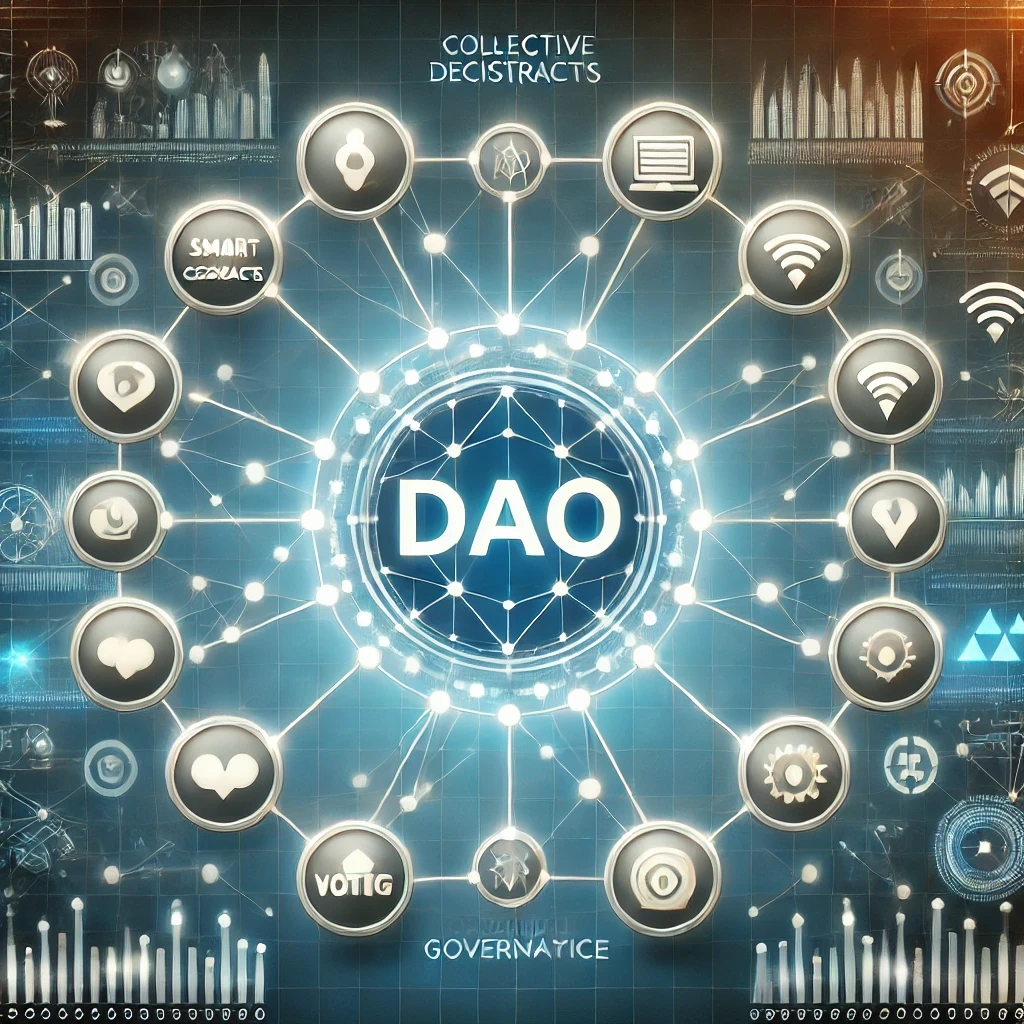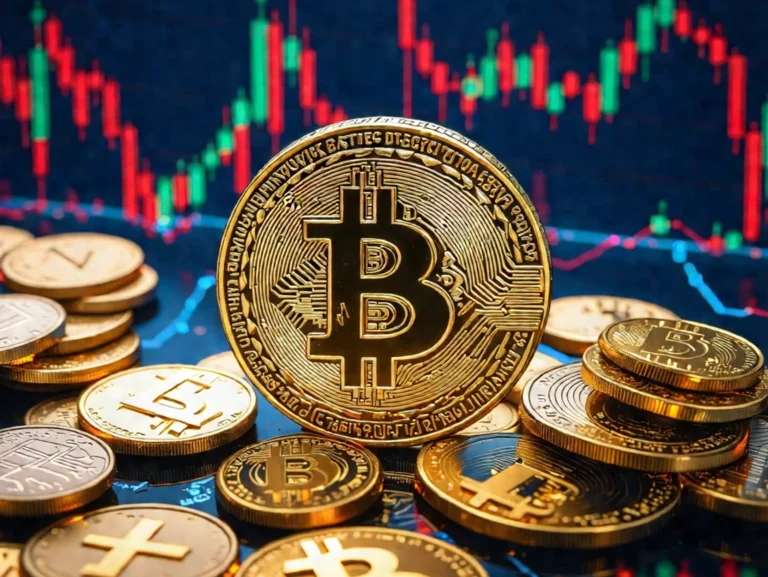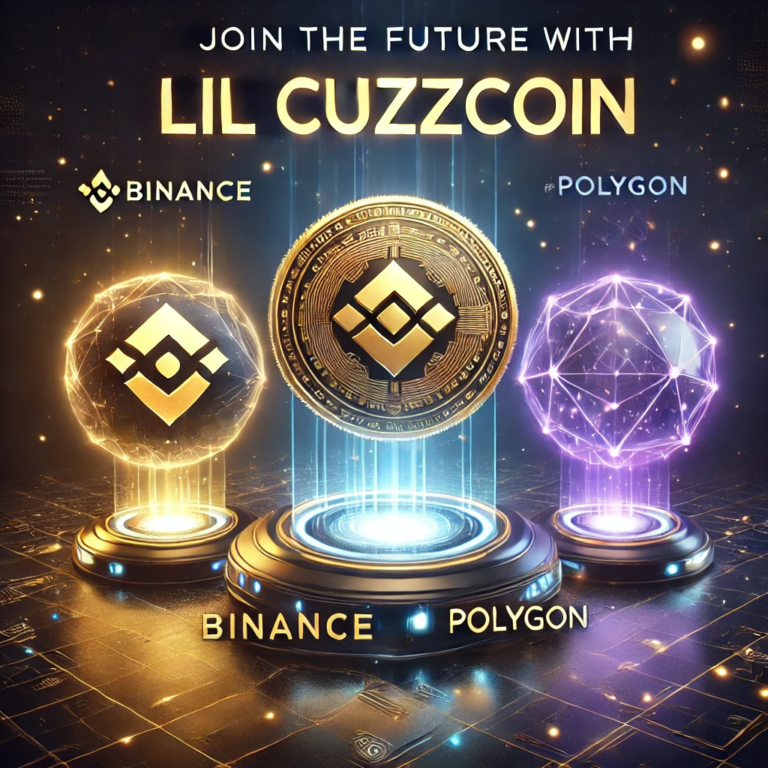DAO stands for Decentralized Autonomous Organization. As the name suggests, a DAO is an organization automated by computer code and open for anyone to participate (as long as they meet some basic requirements). Being autonomous means that smart contracts help run the majority of the processes without human interference. A DAO is created and managed by a community, which collectively manages its funds and projects.
DAOs became well-known with Ethereum’s 2016 venture capital fund “The DAO”. Unfortunately, by three weeks into the token sale, the project suffered an attack due to a vulnerability in the code. The funds were later restored due to a hard fork. Despite the early challenges, the DAO concept has improved over the years, and is now one of the most popular governance models for Decentralized Finance (DeFi) projects.
Each DAO is different, but most follow the same basic principles. Anyone holding the DAO’s governance token has voting power proportional to the number of tokens they own. Holders can also make proposals for changes in how the DAO operates.
Why should I create a DAO?
For crypto projects, DAO’s have some significant advantages. Perhaps the most important is the model’s reliance on smart contracts. These on-chain pieces of code make DAOs less reliant on human input to operate. For example, a proposal could have its results posted on-chain and automatically trigger a proposed change. A new proposal can’t be censored, and votes cannot be technically rigged.
DAOs are useful ways to organize communities, especially if they are mostly anonymous. There is often no accountability to a real identity, and you have to trust people you don’t know. A DAO allows them to organize themselves efficiently with technology that guarantees integrity. It’s also easier than creating a traditional organization or entity as many projects have international teams. Finally, a DAO is a cheap option for its functionality in organizing people. You can set one up for free or pay a small fee to do so.
Understand carefully that a DAO will hold you accountable for its decisions. By decentralizing power, you no longer will have total control over your project. If you decide to ignore governance decision-making, there will almost always be negative consequences.
What does a DAO need?
Among other things, a successful DAO should cover at least the five points below:
1. A DAO needs a purpose. DAO’s are simply a way of organizing projects or funds. Without a good underlying project and reason, your DAO will have nothing to run.
2. A DAO needs a voting mechanism. This is the primary way people interact with the DAO and make changes. There are multiple ways to do this. You could create your own voting mechanism or use a third-party provider, as we discuss later. Your DAO may even vote to change the mechanism later, but you need to start with something.
3. A DAO needs a governance token or share system. How will people prove their right to an opinion in the DAO? A governance token is very common, and the token often might also be a utility token. A shares system is more common to funds where users deposit cryptocurrencies with the DAO to be invested.
4. A DAO needs a community. Decentralization gets stronger as more people join and participate in the governance of your DAO. This way, power is spread across more stakeholders.
5. A DAO needs a way to manage its funds. Most DAOs will have a treasury or access to some crowdfunding. This is usually held in a multi-signature wallet, which can only be used if all key participants agree.




